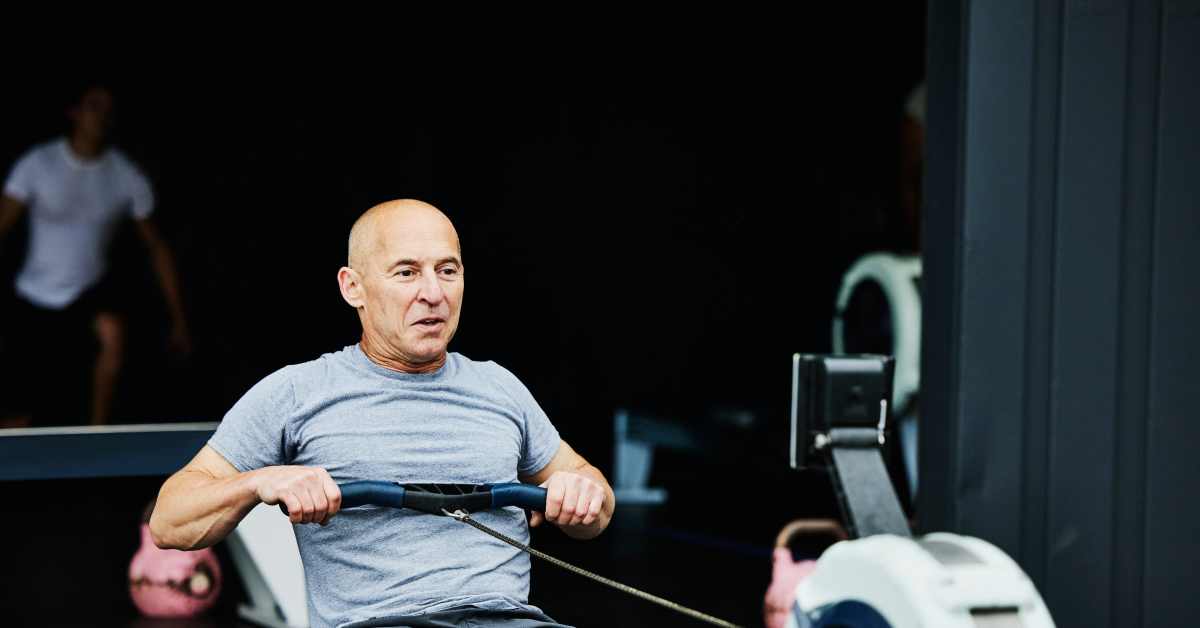Boost Your Brain Health: A Simple Midlife Lifestyle Shift to Reduce Alzheimer's Risk

Alzheimer's disease is a heartbreaking reality for millions, impacting not only those diagnosed but also their families and loved ones. The gradual decline in cognitive function, the loss of memories, and the erosion of independence can be devastating. While there's no guaranteed way to prevent Alzheimer's, emerging research highlights a powerful connection between lifestyle choices and brain health, even in midlife.
If you’ve witnessed the effects of Alzheimer's firsthand – the frustration of misplaced keys, the confusion of forgetting familiar routes, the slow fading of cherished memories – you understand the urgency of proactive brain care. Fortunately, incorporating a single, manageable lifestyle change could significantly reduce your risk.
The Power of Regular Physical Activity
The key to this preventative measure? Regular physical activity. Numerous studies have demonstrated a strong correlation between consistent exercise and a lower risk of developing Alzheimer's disease and other forms of dementia. It's not just about hitting the gym; any form of movement that elevates your heart rate and gets your body working can be beneficial.
How Exercise Protects Your Brain:
- Increases Blood Flow: Exercise boosts blood flow to the brain, delivering vital oxygen and nutrients that support cognitive function.
- Stimulates Neurogenesis: Physical activity encourages the growth of new brain cells (neurogenesis), particularly in areas associated with learning and memory.
- Reduces Inflammation: Chronic inflammation is linked to Alzheimer's disease. Exercise helps reduce inflammation throughout the body, including the brain.
- Improves Mood and Reduces Stress: Exercise releases endorphins, which have mood-boosting effects and can help manage stress – both of which are beneficial for brain health.
Getting Started: Small Steps, Big Impact
You don't need to train for a marathon to reap the benefits. Start small and gradually increase your activity level. Here are some ideas:
- Brisk Walking: Aim for at least 30 minutes of brisk walking most days of the week.
- Cycling: A leisurely bike ride can be a fun and effective way to get your heart pumping.
- Swimming: A low-impact exercise that's gentle on the joints.
- Dancing: A joyful way to get moving and improve coordination.
- Gardening: A surprisingly good workout that combines physical activity with fresh air and sunshine.
Beyond Exercise: A Holistic Approach
While regular physical activity is a powerful tool, it’s best combined with other healthy habits for optimal brain health. Consider incorporating these elements into your lifestyle:
- Healthy Diet: Focus on a diet rich in fruits, vegetables, whole grains, and lean protein.
- Mental Stimulation: Engage in activities that challenge your brain, such as reading, puzzles, or learning a new skill.
- Social Connection: Maintain strong social connections and engage in meaningful relationships.
- Adequate Sleep: Aim for 7-9 hours of quality sleep each night.
Midlife is a pivotal time to prioritize your brain health. By embracing a simple lifestyle change like regular physical activity, you can take proactive steps to reduce your risk of Alzheimer's disease and enjoy a sharper, healthier mind for years to come. Don't wait – start moving today!






